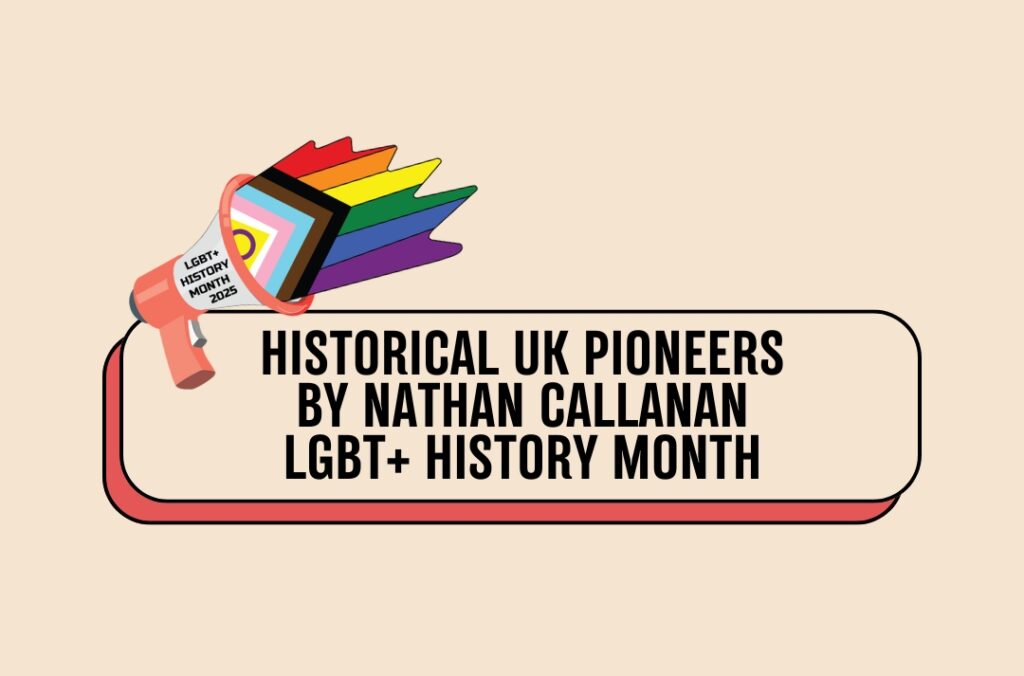Lady Phyll
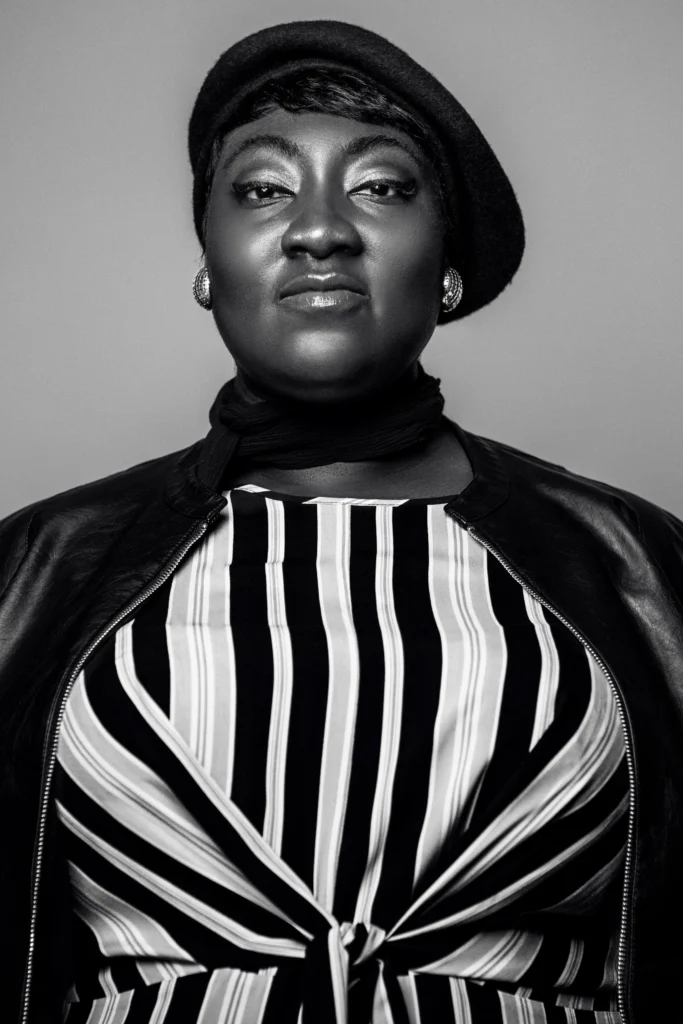
Phyll Opoku-Gyimah, better known as Lady Phyll, is a British LGBT rights activist and anti-racism campaigner. She is the co-founder of UK Black Pride, which began in 2005. It now attracts nearly 8,000 people every year.
Lady Phyll created the event to promote unity and co-operation among all LGBT people of African, Asian, Caribbean, Middle Eastern and Latin American descent in the UK, as well as their friends and families.
She is also the Executive Director of the charity Kaleidoscope Trust, which campaigns for the human rights of LGBT people in countries around the world where they are discriminated against.
Allan Horsfall
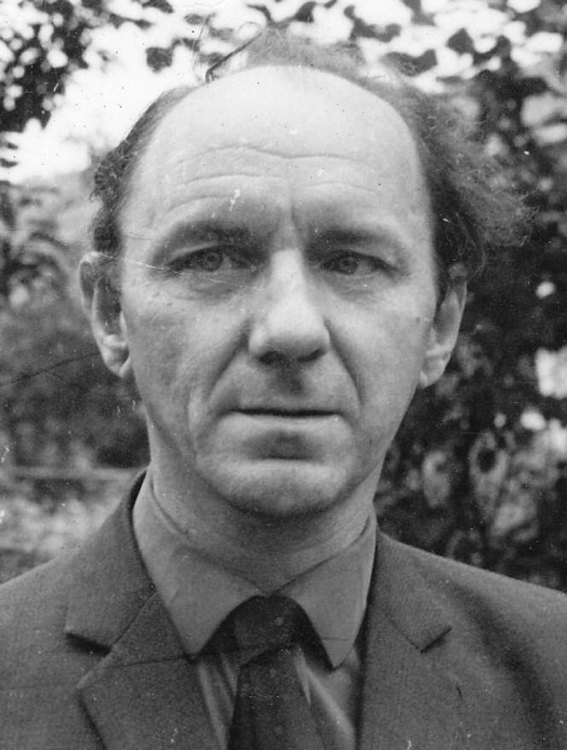
Allan Horsfall (1927 – 2012) is often called the grandfather of the gay rights movement for openly campaigning as a gay man when homosexuality was still illegal.
In 1964, Horsfall and a group of friends set up the North West Homosexual Law Reform Committee. Its work directly led to homosexuality no longer being illegal. The North West Committee was later transformed into the Campaign for Homosexual Equality (CHE), which was the largest LGBT organisation there has ever been in the UK.
Maureen Colquhoun
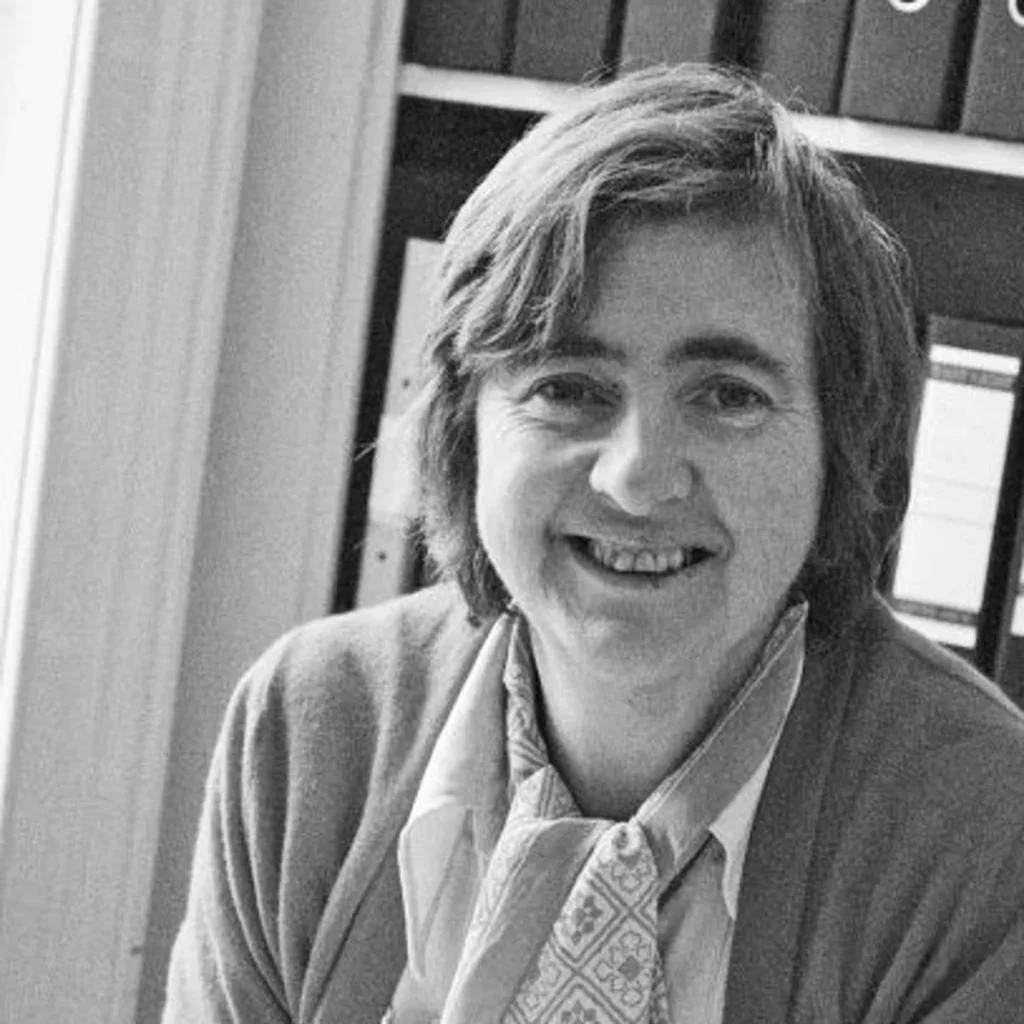
Maureen Colquhoun (1928-2021) was the first openly lesbian MP, as well as the first openly LGBT MP. When she was first elected in 1974, Maureen was married to a man. But in 1976 she moved to London to live with her new partner who was a woman.
Although she hadn’t spoken publicly about being gay, a newspaper found out and printed the news against her will. Afterwards, she was deselected by her party. In a reactionary piece published in New Statesman, Maureen laid bare the flawed democratic practices and homophobia present throughout the local party hierarchy.
April Ashley
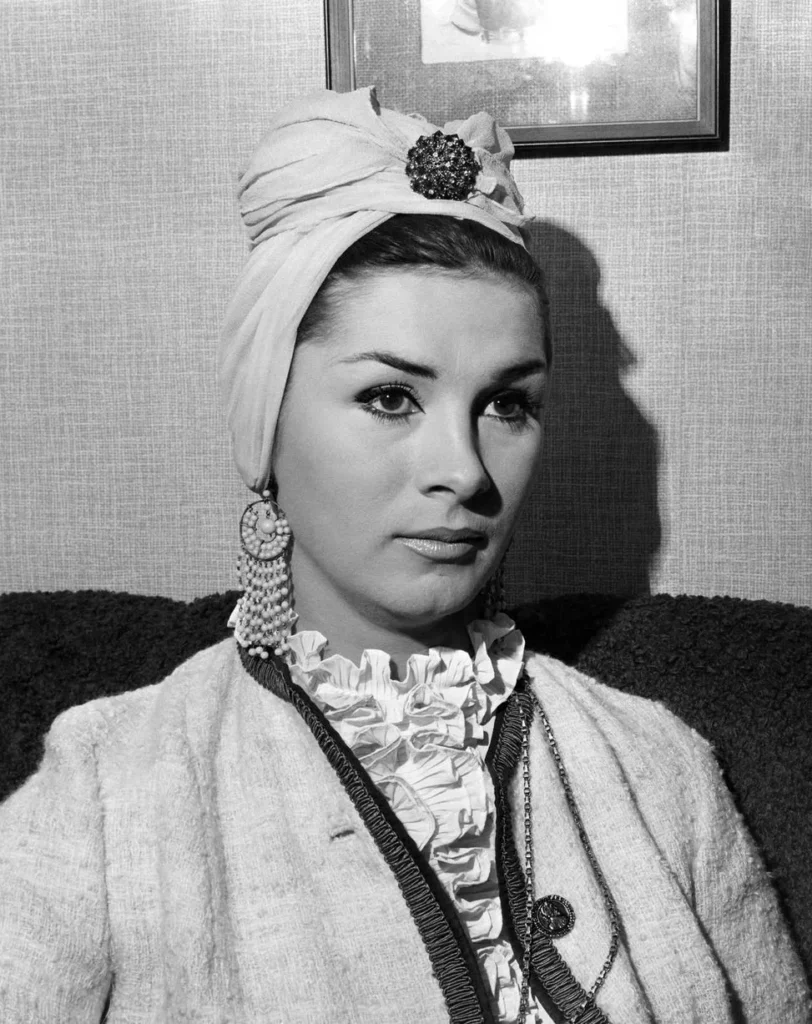
April Ashley (1935–2021) was a pioneering model, socialite, and key figure in trans history.
Transgender lives continued to be sensationalised by the press during the 1960s. The Sunday People outed the model April Ashley as a trans woman in 1961.
Ashley again made headlines with her annulment from Arthur Corbett in 1971. The judge ruled in this pivotal case that their marriage should be annulled because Ashley ‘was male’. The ruling had long-lasting implications for Ashley and for trans people in England. It determined that the legal gender of Ashley, and therefore of all trans people, was the gender they were assigned at birth.
Ashley continued her fight to have her gender legally recognised, and was awarded an MBE for her services to transgender equality at Buckingham Palace in 2012.
Radclyffe Hall
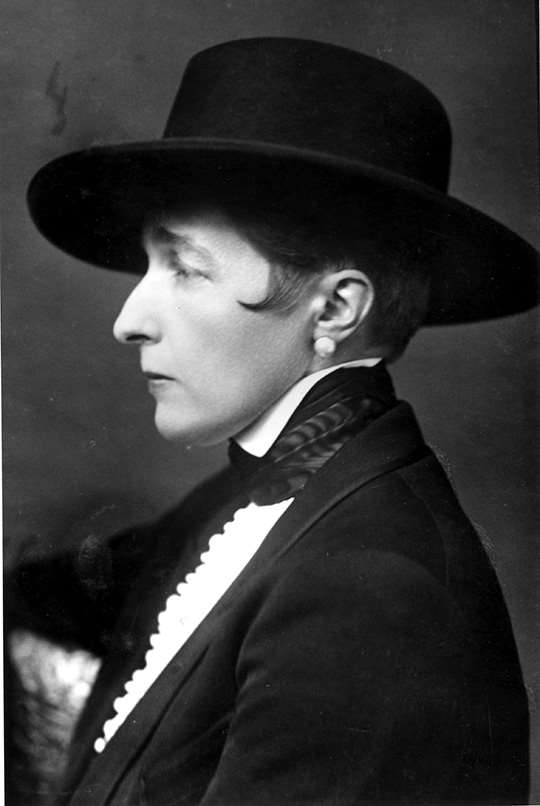
Radclyffe Hall (1880–1943) lived relatively openly as a lesbian in an era that condemned such relationships. Her writing sparked outrage, but today she is an icon of LGBTQ+ literature.
In 1928, Hall’s ground-breaking novel The Well of Loneliness was published. The novel chronicled the life of Stephen Gordon, a masculine lesbian who identifies as an ‘invert’. Not only did Hall love women, but she also dared to write publicly about love between women. She was protected to some extent by her wealth and status. There was an obscenity trial, which commenced on 9 November 1928. The Chief Magistrate found the novel’s literary merit to be irrelevant, and ordered copies of the The Well of Loneliness to be destroyed. The novel was not published in the UK again for 20 years.
Justin Fashanu

Justin Fashanu (1961-1998) was Britain’s first openly gay footballer. His career was going well, having risen through Norwich City’s youth ranks and in 1981 he became the country’s most expensive black player with his £1m move to Nottingham Forest.
He stunned the football world in 1990 by when he told a newspaper he was gay. But after this he didn’t receive much support and suffered homophobic bullying, as well as harassment from the tabloid newspapers.
He died in 1998 and was inducted into the National Football Museum’s Hall of Fame in Feb 2020, with his niece Amal Fashanu calling him “one of the bravest men I’ve ever come across”.
Alan Turing
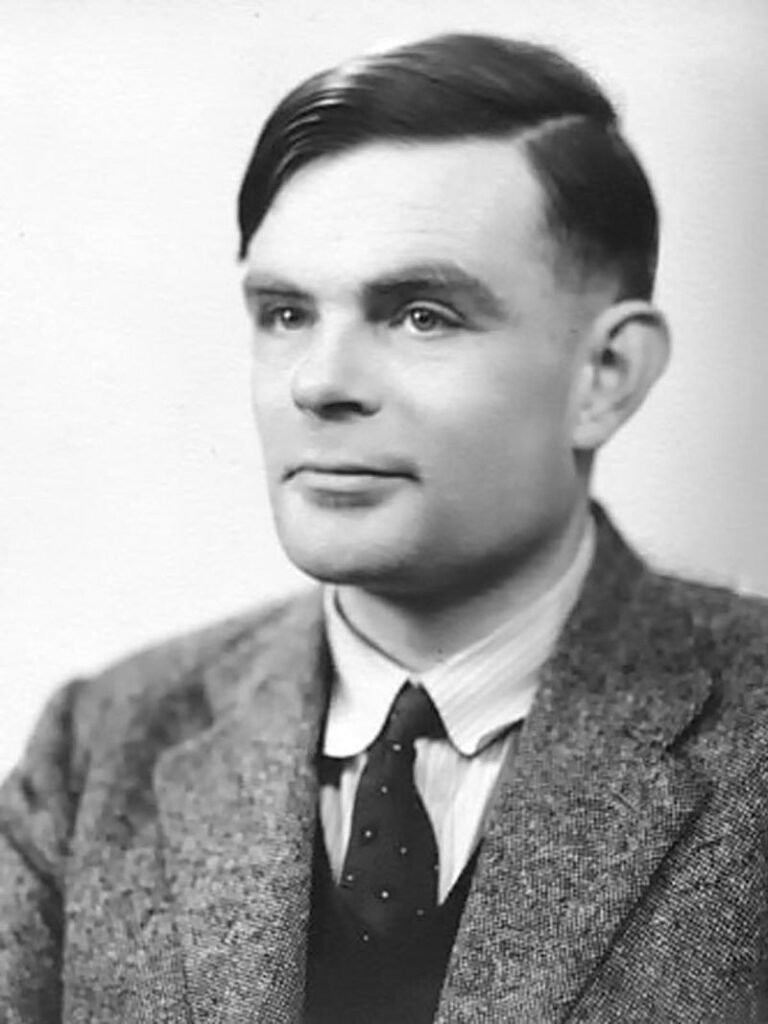
Alan Turing (1912-1954) was a British mathematician and logician who made major contributions to mathematics, cryptanalysis, logic, philosophy, and mathematical biology and also to the new areas later named computer science, cognitive science, artificial intelligence, and artificial life.
Turing and others designed a code-breaking machine during WWII known as the Bombe. Bombes supplied the Allies with large quantities of military intelligence on the Nazis. In 1942 Turing also devised the first systematic method for breaking messages encrypted by the sophisticated German cipher machine that the British called “Tunny.” At the end of the war, Turing was made an Officer of the Most Excellent Order of the British Empire (OBE) for his code-breaking work.
In March 1952 he was convicted of “gross indecency”—that is to say, homosexuality, a crime in Britain at that time—and he was sentenced to 12 months of hormone “therapy.” Now with a criminal record, he would never again be able to work for Government Communications Headquarters (GCHQ), the British government’s postwar code-breaking centre.
Turing was found dead on 8 June 1954, as a result of cyanide poisoning. His death was ruled a suicide. In 2013, Turing was posthumously pardoned for his conviction for “gross indecency” after a campaign to recognise him as a national hero. In 2017, legislation informally known as “Turing’s law” extended the pardon to all gay men convicted under such historical legislation. On 15 July 2019, he was announced as the face of the new £50 note, which went into circulation in 2021 on 23 June, the date of his birth.
Profiles collated by Nathan Callanan, Birmingham LGBT
